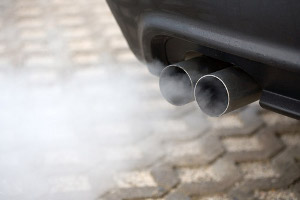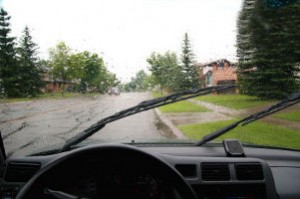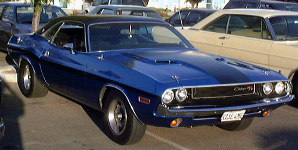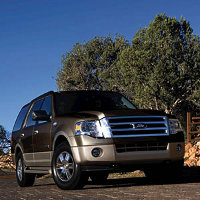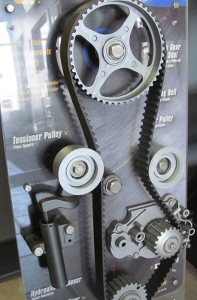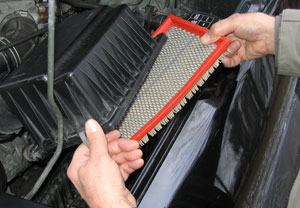 The engine in your vehicle really needs clean air to operate efficiently: it takes about twelve thousand gallons of air to burn a gallon of gas in your engine. And clean air is much better than dirty.
The engine in your vehicle really needs clean air to operate efficiently: it takes about twelve thousand gallons of air to burn a gallon of gas in your engine. And clean air is much better than dirty.
When your air filter’s dirty, it simply can’t trap anymore dirt, so the dirt just passes through into your air intake system. From there it can get into the truck engine combustion chamber and burning dust and pollen in your engine as you drive around Denver doesn’t do you or your engine any good.
The verdict: when your engine air filter needs to be replaced; it needs to be replaced. How often depends entirely on how dirty the air is in Denver or wherever you drive. A simple visual inspection by a courteous Express Car Care technician will tell you when you need a new engine air filter in your vehicle.
When you look at the air filter on your furnace in your home and see it’s all clogged up with dust and dirt, you don’t hesitate to replace it, do you? So don’t wait until your air filter (furnace or automobile) is totally plugged – by that time you’ve been running inefficiently for a lot of miles.
When your Express Car Care service technician brings out your nasty engine air filter, you now know why you should go ahead and change it out.
Give us a call.
At Express Car Care in Denver, we install quality NAPA replacement parts. To learn more about NAPA Auto Care, visit www.NAPAAutoCare.com

